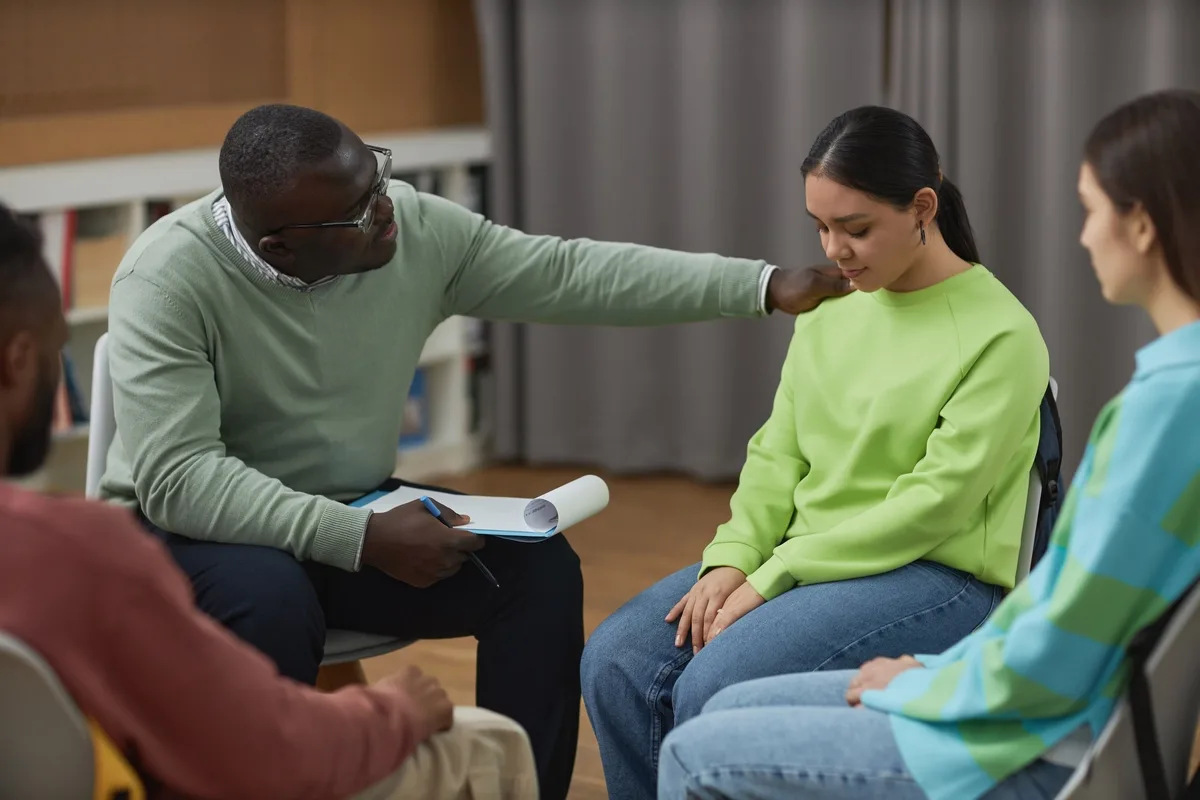24/7 Helpline:
(866) 899-221924/7 Helpline:
(866) 899-2219
Learn more about Klonopin Rehab centers in Barling

Other Insurance Options

Ambetter

Horizon Healthcare Service

Optima

Highmark

WellPoint

EmblemHealth

United Health Care

State Farm

CareSource

GEHA

Humana

ComPsych

Optum

Meritain

Health Choice

Lucent

CareFirst
Beacon

BlueShield

PHCS Network

Valley Behavioral Health System
Valley Behavioral Health System, in Barling, Arkansas, is a mental and behavioral health care facili...























